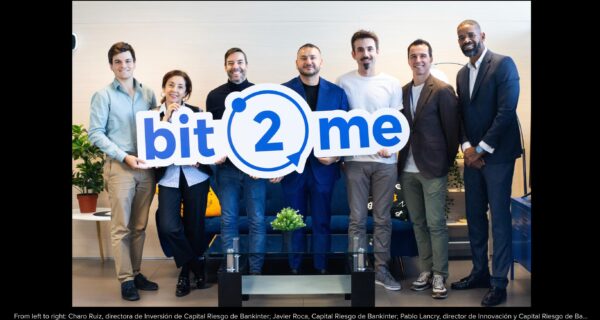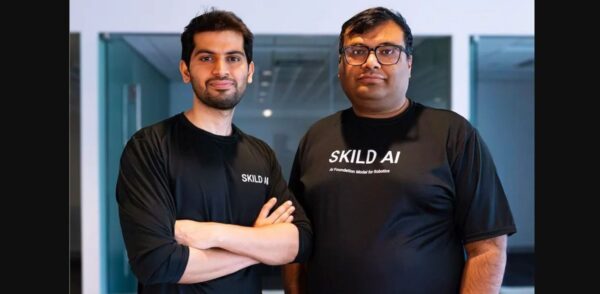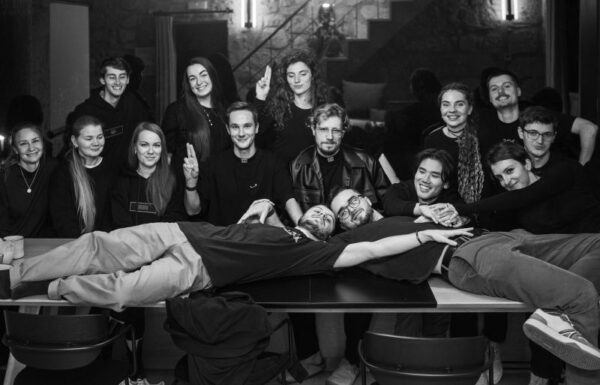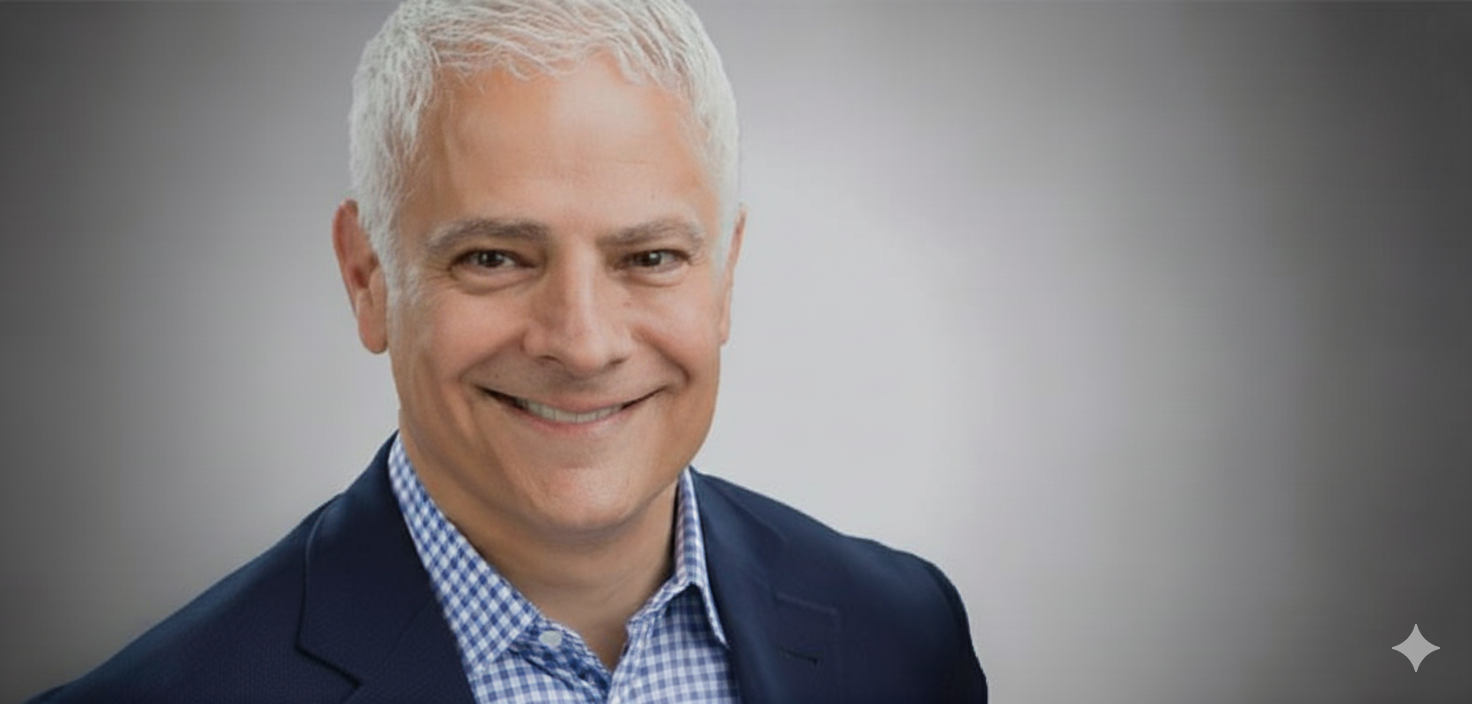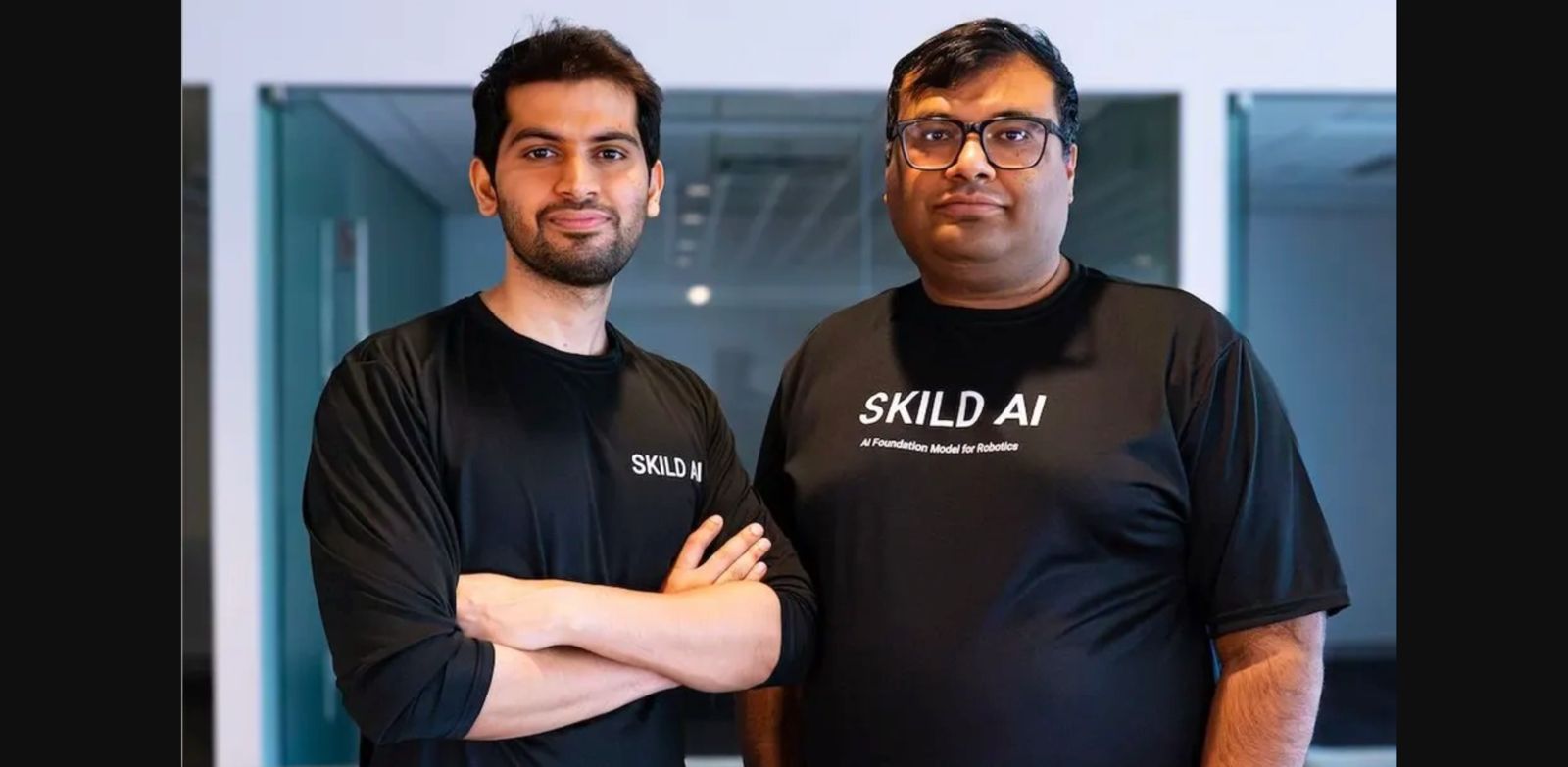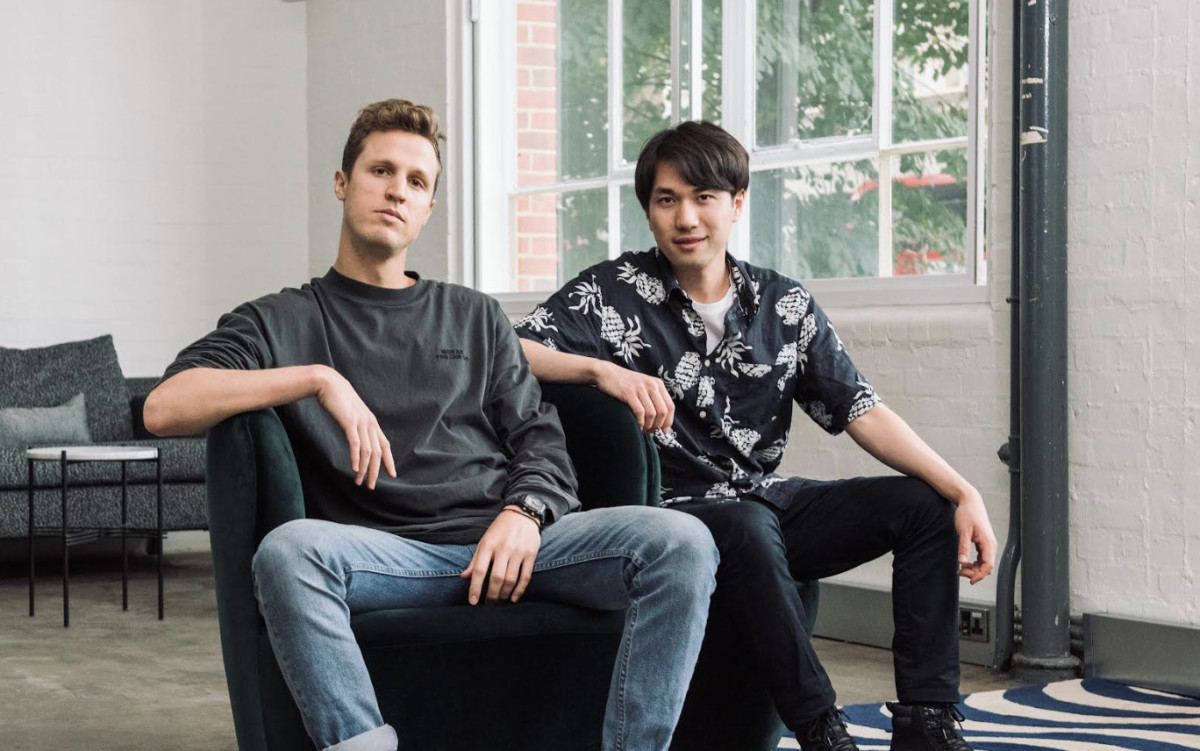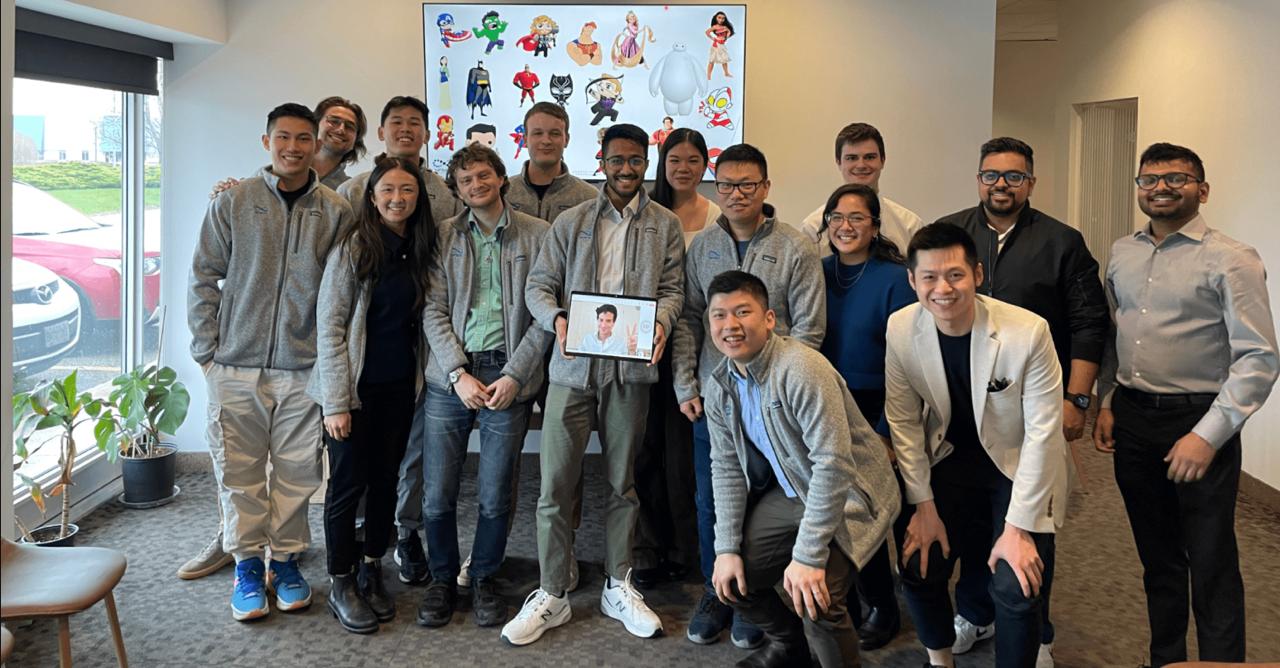Constant Contact, the digital marketing platform best known for helping small businesses send newsletters, is stepping into its next phase of growth—and it’s taking a new pool of capital with it.
On Tuesday, Clearlake Capital confirmed the close of a new investment in Constant Contact via a dedicated single-asset fund named Icon Partners VI, backed by institutional players including Lexington Partners. The amount raised has not been disclosed, but the structure—a continuation fund with long-term limited partners—is designed to give Constant Contact both time and capital to prove its next act: using AI to reshape how small businesses do digital marketing.
The transaction keeps Clearlake in the driver’s seat as the lead investor, and notably, leaves Constant Contact’s executive leadership unchanged. CEO Frank Vella remains at the helm—a continuity that investors say signals confidence in the current roadmap.
“We are eager to build on this momentum and help small businesses leverage the power of software to make marketing less overwhelming,” Vella said in a statement.
That momentum, however, has been years in the making.
From Legacy Brand to SaaS Challenger
Constant Contact is hardly a new name. Founded in the 1990s, the company was once synonymous with email marketing for local businesses, nonprofits, and independent creators. But like many early SaaS pioneers, it struggled with product stagnation in the 2010s and was ultimately folded into Endurance International Group.
In 2021, Clearlake carved it out as a standalone business. Since then, the firm has leaned heavily on its operational playbook—“O.P.S.” (Operations, People, Strategy)—to rebuild the company’s product, leadership, and growth motion. Four bolt-on acquisitions expanded the platform into SMS, social, and analytics. Internal sources say topline growth, which hovered around 2% at the time of the carve-out, has increased to around 7% annually—modest, but upward.
Now, Constant Contact is making an even bigger bet: artificial intelligence. Company insiders point to new AI-powered campaign tools, customer segmentation features, and content generation models as central to its next phase. The challenge? The very businesses it targets—SMBs and nonprofits—are still slow adopters of AI and often overwhelmed by complex marketing tools.
Editorial View: The Right Bet—But With Risks
The raise through Icon Partners VI reflects strong institutional belief in Constant Contact’s potential—but also a broader private equity strategy playing out across the SaaS sector. Single-asset continuation vehicles are becoming common for firms like Clearlake, allowing them to keep control of maturing assets they believe are undervalued by public markets or not yet exit-ready.
In that sense, Constant Contact is now at a crossroads. Its ability to compete against younger, VC-backed players like Mailchimp (now part of Intuit) or Klaviyo (which IPO’d in 2023) will depend on whether it can translate AI into simplicity, not just sophistication. Its legacy customer base values ease and affordability—not necessarily cutting-edge tools.
What may work in Constant Contact’s favor is timing. AI adoption is finally trickling down to Main Street. If it can abstract away the complexity and give small business owners real ROI—better open rates, more sales, fewer steps—the company could retain and even grow its niche as a reliable, efficient SMB marketing engine.
But execution is key. AI is expensive to build and harder to operationalize. And while private equity capital buys time, it doesn’t guarantee market fit.
An Industry Watching Closely
The move will be closely watched across the marketing tech landscape. Constant Contact’s legacy gives it name recognition, but in a competitive field that’s increasingly consolidating, brand alone isn’t enough.
For now, though, the capital gives Constant Contact runway to invest, test, and iterate. Whether it becomes a quiet consolidator, an acquisition target, or a renewed SaaS growth story will depend on the next 12 to 18 months.
If you need further assistance or have any corrections, please reach out to editor@thetimesmag.com.

